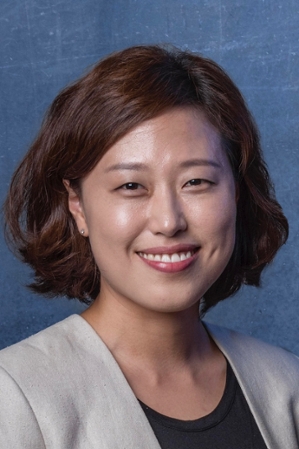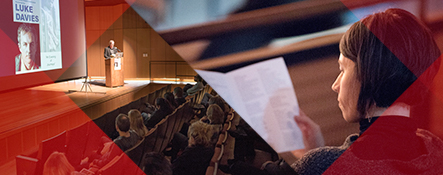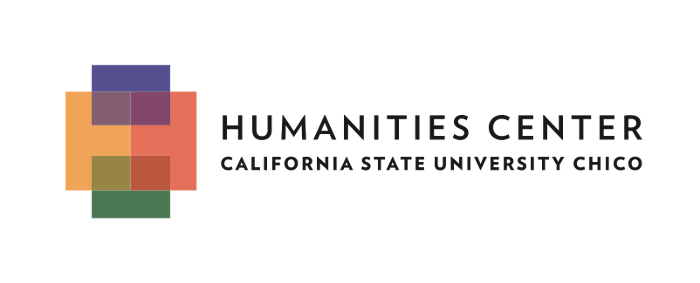Next Event:
Works-In-Progress: Sinwoo Lee, "Unlawful Occupations of Commoners' Houses: Social Status, Migration, and the Housing Crisis in Eighteenth-Century Seoul"
Friday, May 3rd
12:00 PM, Humanities Center, PAC 113

“Seoul Republic” is a satirical term used to describe the phenomenon where all aspects of South Korea, including politics, economy, society, and culture, are excessively concentrated in Seoul, the capital city of South Korea. The centrality of Seoul in the country emerged as early as the late seventeenth and early eighteenth centuries during the Chosŏn Dynasty (1392–1910). This talk will discuss legal cases, changes in law, and court discussions of the unlawful occupation of commoners’ houses by the yangban elites (yŏga t’arip) in the intersection of rural-urban migration, social status, and the housing crisis in Eighteenth-Century Seoul.


